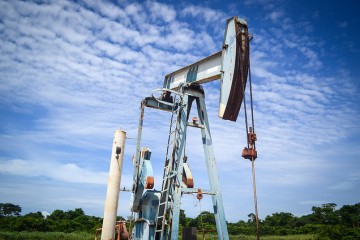
Angola’s Perfect Storm
In a new article for Foreign Affairs, I discuss the perils of Angola’s reliance on declining oil revenues. Here are the first few paragraphs. In early 2014, Angola, sub-Saharan Africa’s second-largest oil producer and third-largest economy, was flush with cash and confidence. The economy had expanded tenfold over the previous decade, and the government, which in 2002 won a resounding victory in the country’s long civil war, was unchallenged at home, a towering presence in regional politics, and a major investor abroad, including in Portugal, the former colonial power. Its national reconstruction agenda funneled tens of billions of dollars into infrastructure and transformed Luanda into a would-be African Dubai that attracted thousands of expatriates. The rule of Angolan President José Eduardo …
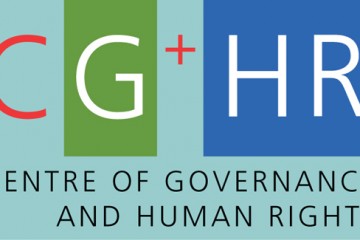
International intervention and the politics of building peace: ‘liberal imperialism’ or somewhat irrelevant?
International intervention in war-affected regions is the subject of much academic attention. Scholars and policymakers alike have been keen to understand the impacts, positive and negative, that international actors have when striving for peace in foreign countries. More often than not, the continuation of violence in areas that have been subject to heavy intervention, from Sudan to DRC, has generated staunch critique of the potential of such programmes to achieve their stated aim of ‘peace’. Africanist scholars in particular have identified efforts geared towards the increasingly linked aims of development and security as not merely ineffective, but exacerbating dysfunctional politics, insecurity and poverty across the continent. Following the wider critique of the liberal peace, interveners from UN peacekeepers to human …
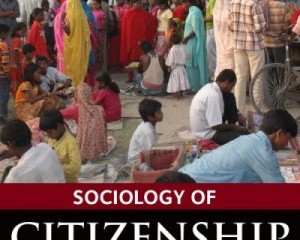
Moving Beyond Movements: Exploring paths of everyday citizenship in urban South Africa
In the rich literature that has emerged on social movements in post-apartheid South Africa, there have been many analyses that explore the degree to which particular social movements cooperate with the state or adopt a more antagonistic stance. Some break this picture down further, exploring the degree to which movements are able to cultivate or capitalise upon unique relationships with specific state actors or departments. Those kinds of accounts remind us that the state is, in reality, a collection of individuals and institutions that are often heterogeneous and fragmented, if not in active conflict with each other. This work has helped us to gain a more nuanced understanding of South Africa’s political landscape and the nature of statehood and citizenship within it.
Less prevalent in the literature on popular politics are studies of individuals and the diverse relationships they hold with state actors and institutions as they traverse between social movements and what Raul Zibechi would call ‘societies in movement’. And yet, this focus on ideas, identity, and practice in the midst of everyday life is crucial if we are to grasp what it means to be involved in grassroots politics.
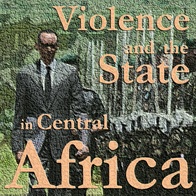
The Burundi Crisis beyond the third Term (3/3): Regional Implications
The important attention the Burundi crisis has received from the international media shows not only concerns with the safety and future of millions of Burundians but also fears of a regional contagion. Among the key questions are the regional support of president Nkurunziza, the likelihood of a foreign intervention, the lessons for the power-sharing model of peace-building Burundi incarnated, and possibilities for regional and national actors to solve the crisis.

The Burundi Crisis beyond the third term (2/3): local grievances, ethnicity, and the economy
The question of the constitutionality of a third term is absolutely central in the present crisis. The protesters have repeated their view that the constitution does not allow for a third term and expressed their fear of a carving up of the 2000 Arusha Peace agreement. The issues around the third term and Arusha have been widely discussed in the media and other essays. The roundtable tried to take a slightly different viewpoint and explored the key issues of the present crisis beyond the question of the third term: local grievances and post-war reconciliation and integration, the economy (and especially agriculture and aid), and whether the “ethnic factor” is still relevant.

The Burundi crisis (1/3) : (local) forces in presence
When president Nkurunziza announced his intention to run for a third term, serious unrest exploded in the streets of Bujumbura. In the last three weeks, violent clashes with the police have triggered fears of a new civil war and destabilisation of the entire African Great Lakes region. So far, the international community has been unable to calm the situation and 100,000 Burundians have already fled the country. The Oxford Central Africa Forum hosted a round-table on the 15th of May to examine the causes of the current situation and discuss the prospects for peace and democracy in Burundi and the region. It gathered six researchers who have conducted fieldwork in Burundi. We present some of their analysis and findings here in a short series of three articles. In this first post, we explore the forces present on the ground.
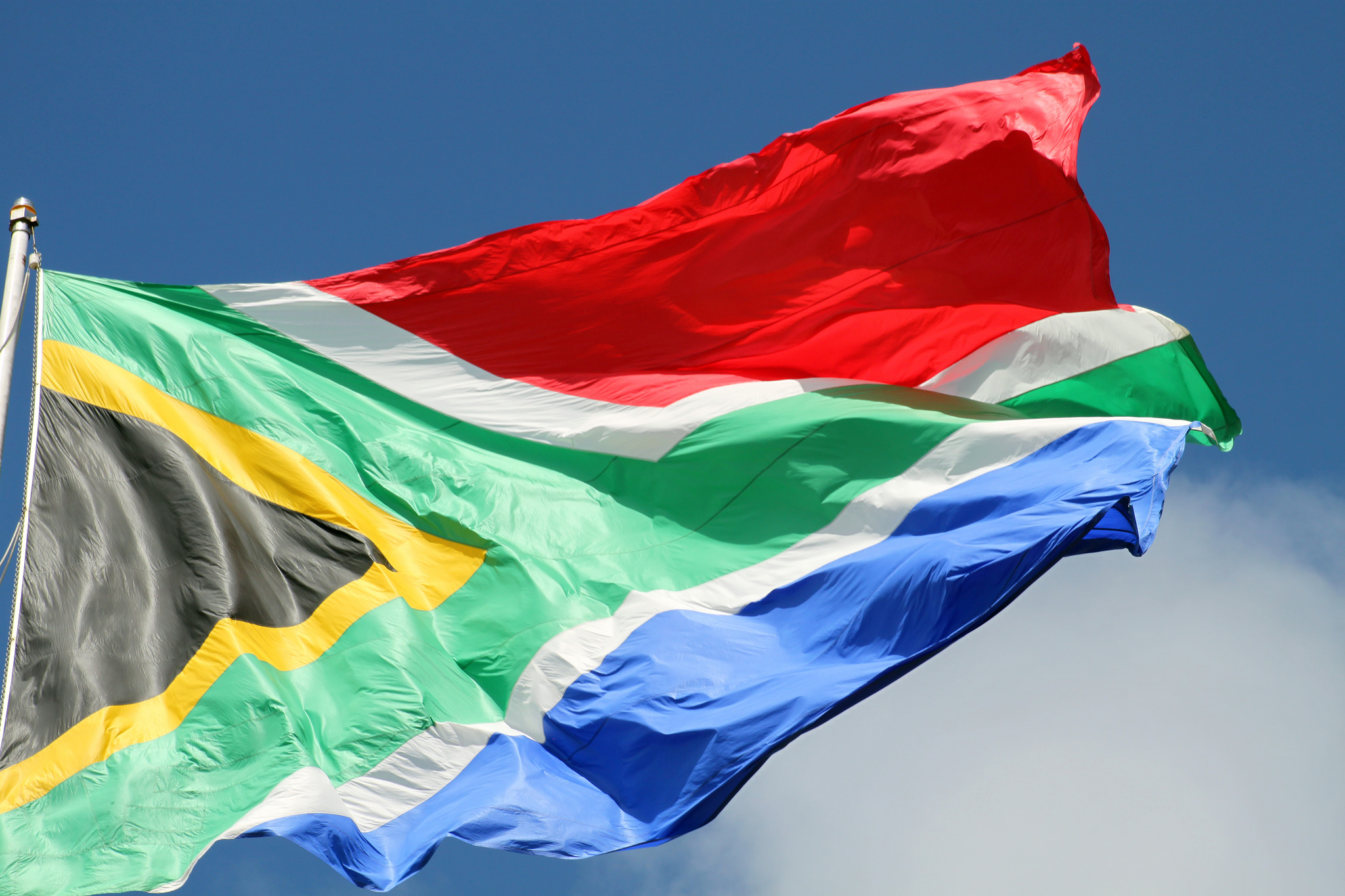
Xenophobia and the elusive Pan African dream
It is hard not to be depressed about the news over the last couple of weeks.
I am writing from South Africa where I am visiting some colleagues at the University of Cape Town. Last month the media was dominated by the xenophobic violence that has resulted in the deaths of seven people and the injury of many more.
Hundreds of foreign-owned shops and businesses have been destroyed, and thousands of people have been displaced.
It is unclear exactly what triggered this first wave of attacks on people from other African states, which spread from Durban to the country’s economic capital, Johannesburg.
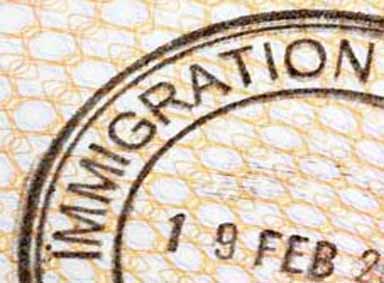
Borders and Barriers: Migration and Economic Exclusion
The search for a better life (sometimes couched in terms of freedom of religion) prompted migration from Europe to the new world in the seventeenth and eighteenth centuries. The ancestors of many North Americans, Australasians and white Africans or South Americans were hailed as pioneers, pilgrims and founding fathers despite the devastating consequences of their arrival on indigenous people. The settlers brought others too: Slaves from Africa or the East Indies, indentured labour from India and voluntary migrants came from the near and far East seeking greener pastures. Global mixing began centuries ago and the world has struggled with multi-culturalism and immigration since. The pursuit of ethnically pure societies is a mirage. The developed countries have multi-generational ethnic minorities from former colonies and everywhere else. Latin America and Africa are dotted with diaspora from the West and the East as well as mestizo groups. Migration continues unabated by borders and exploded on our television screens recently because of two catastrophic events: The sinking of a dingy in the Mediterranean which killed over 900 migrants and a second wave of xenophobic violence in South Africa which resulted in murder, looting and the expulsion of “foreigners” from their homes. Ironically, these events are the consequence of European state centred policy to cut back on rescue missions and anarchic but contagious violence in South Africa, where the state appears complicit by its impotence (until very recently when the army was deployed to protect foreigners).
Poor African migrants have two choices: Head north to Europe or south to South Africa, the largest economy on the continent. Both the governments of Europe and the poor citizens of South Africa cynically believe that danger will deter immigration. People will think twice about crossing the Mediterranean if the risks of drowning or deportation are great enough. Similarly, Mozambicans and Zimbabweans will leave South Africa and others will stop coming if the probability of being killed or dispossessed is greater. “They” need to get the message that “we” don’t want them, we have too many pressures coping with our own problems. Right wing parties in Europe and King Goodwill Zwelethini in South Africa have stoked the flames of intolerance and fear, turning public opinion against migrants so fiercely that the bounds of morality and humanity are being tested. Yet Italy and Greece are overwhelmed and the migrants who have fled South Africa will return when the situation calms down and more will still come. Danger does not deter when desperation is sufficient or when the danger of staying surpasses the danger of leaving. The people who risk everything to come to Europe or South Africa are driven by more than greener pastures; they feel that their survival depends on escape. Some are asylum seekers fleeing from conflict or ethnic cleansing but others are as desperate for work and a future.









